These days, there is no shortage of billionaire education evangelists aiming to improve the way children learn. From Bill and Melinda Gates to Eli and Edythe Broad, moneyed activists have been feverishly investing in schools, scholarships, and political campaigns in the hopes of finding the antidote to the education system’s ills. Now the industry has another player: Elon Musk.
The Tesla and SpaceX founder’s latest move is to support the X Prize Foundation, which describes itself as a “catalyst for the benefit of humanity.” As a benefactor of the Global Learning X Prize, Musk – along with folks like Tony Robbins and Betsy DeVos – is helping the group find solutions to the learning challenges children in developing nations face.
Through the Global Learning X Prize competition, teams from around the globe try to develop open-source solutions that will help the estimated 250 million kids worldwide who are unable to read, write, or complete basic math functions. Marcus Shingles, CEO of the X Prize Foundation, said he thinks competing teams may be able to provide learning opportunities for the the world’s neediest children.
“Universal access to education is a major priority for X Prize, and we are proud to celebrate the change-making teams making impressive strides to ensure every single child has the opportunity to take learning into her own hands,” Shingles said. “The leading solutions born from this competition could provide the key to unlocking literacy for children most in need, giving them access to an education they otherwise wouldn’t have.”
X Prize announced five teams of finalists for the $15 million prize – Chimple, CCI, Kitkit School, RoboTutor, and Onebillion – each hoping to show how their organization meets the educational needs of the world’s most vulnerable children.
Over the next 15 months, each company will test out its educational solutions with approximately 4,000 children in Tanzania who’ll use Google’s Pixel C tablets to try out each group’s software. To pull this off and assess the children’s progress, X Prize is partnering with UNESCO, the World Food Programme, and the government of Tanzania. At the end of the 15 months, one team will be awarded $10 million while each of the five finalists will receive $1 million.
Matt Keller, senior director of the Global Learning X Prize, believes the competition will take help us move closer to ensuring all children will have access to education.
“As we move to the final field testing phase, we are one step closer to scaling transformative technology solutions that foster child-driven learning and provide a world-class education for all,” he said.














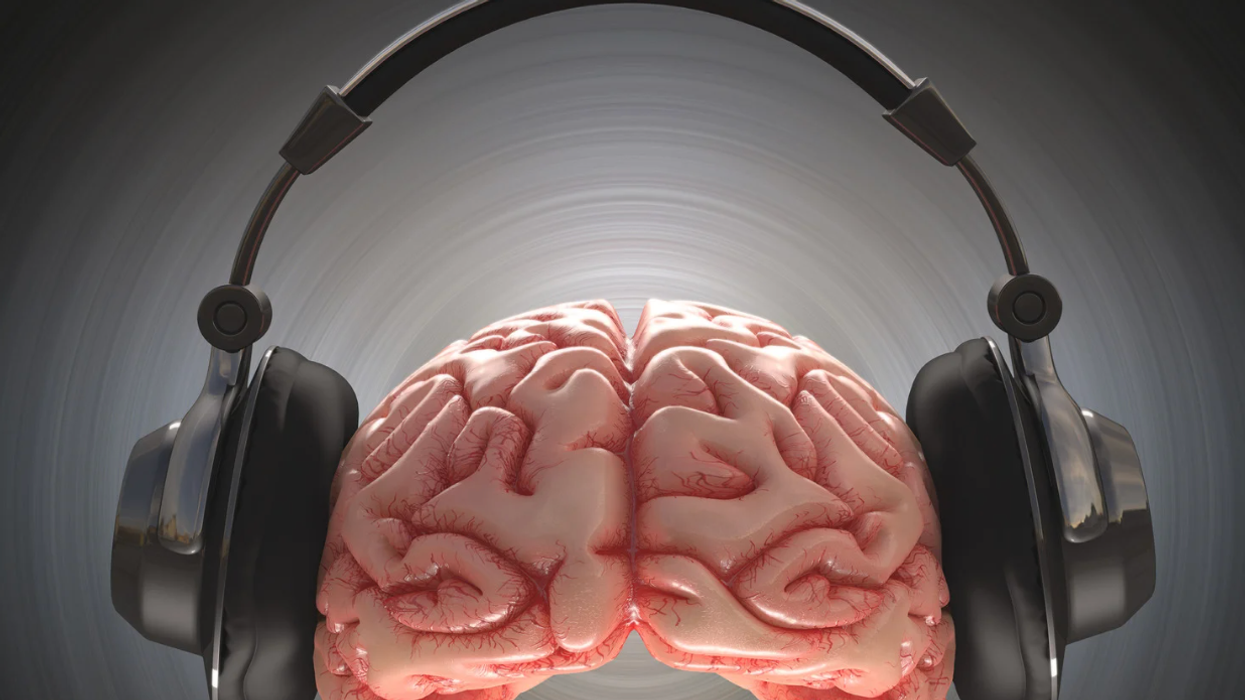
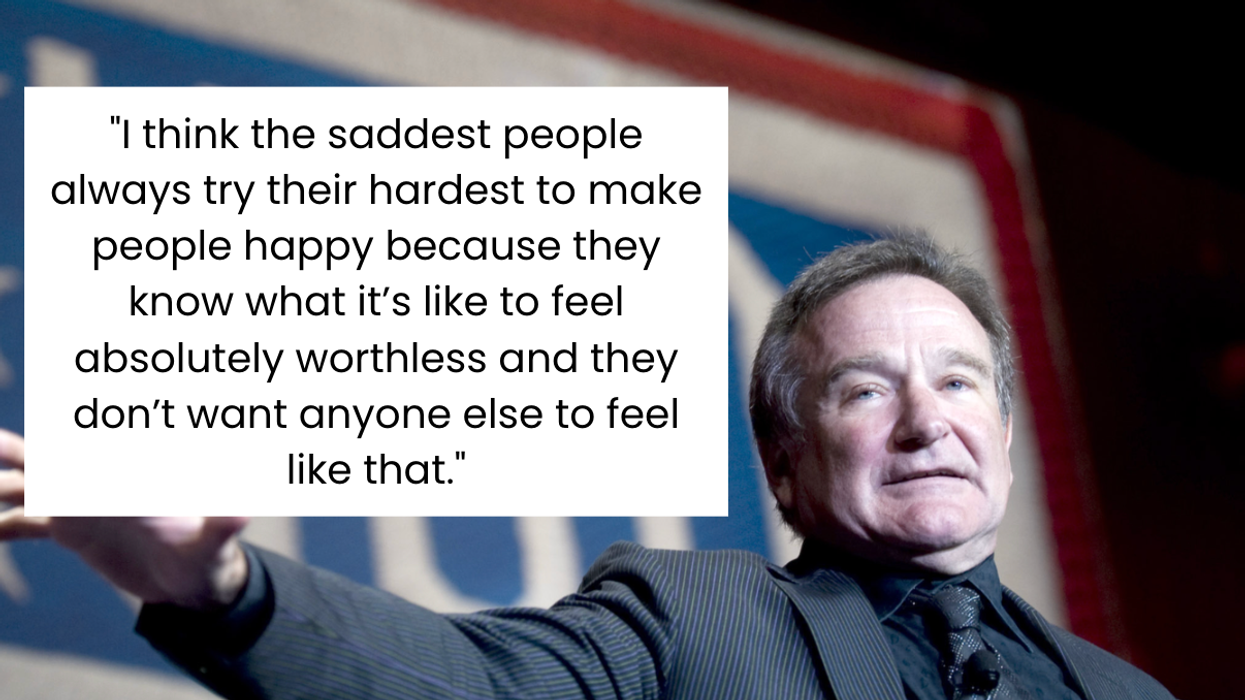
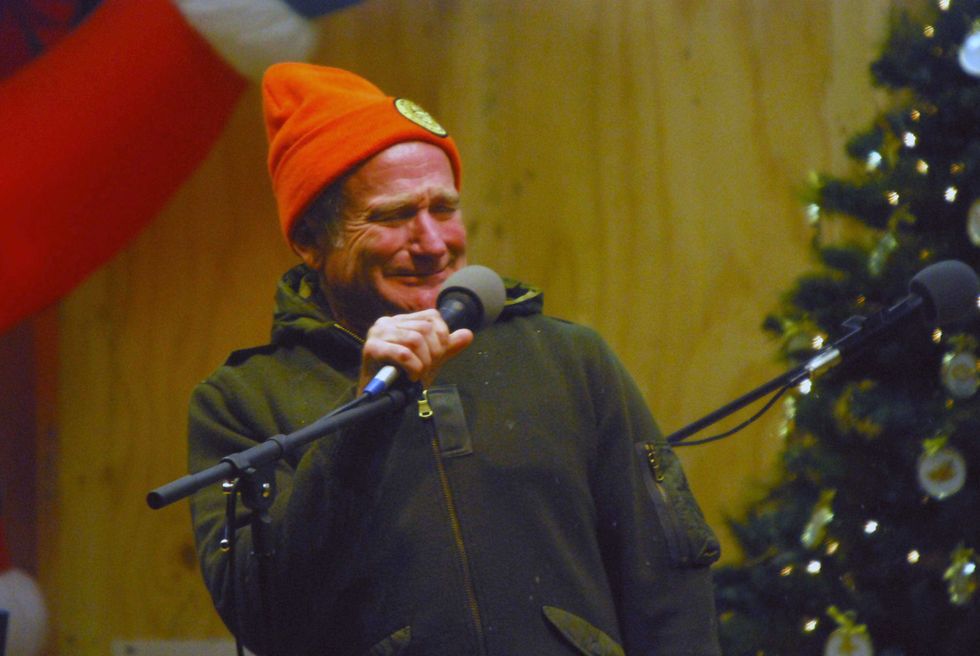 Robin Williams performs for military men and women as part of a United Service Organization (USO) show on board Camp Phoenix in December 2007
Robin Williams performs for military men and women as part of a United Service Organization (USO) show on board Camp Phoenix in December 2007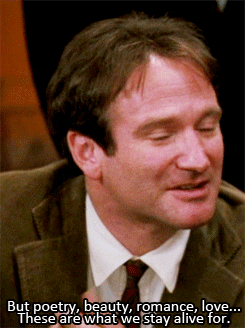 Gif of Robin Williams via
Gif of Robin Williams via 
 People on a beautiful hike.Photo credit:
People on a beautiful hike.Photo credit:  A healthy senior couple.Photo credit:
A healthy senior couple.Photo credit:  A diverse group of friends together.Photo credit:
A diverse group of friends together.Photo credit:  A doctor connects with a young boy.
A doctor connects with a young boy.  Self talk in front of the mirror.Photo credit:
Self talk in front of the mirror.Photo credit:  Lightbulb of ideas.Photo credit
Lightbulb of ideas.Photo credit 
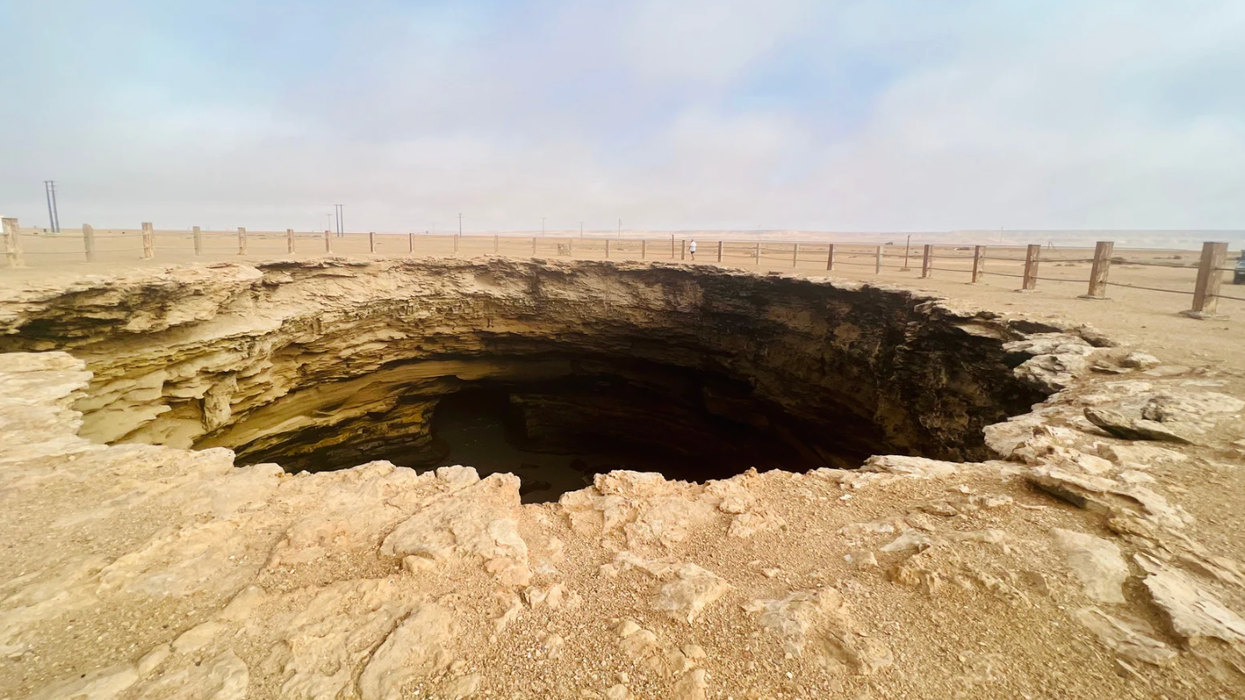
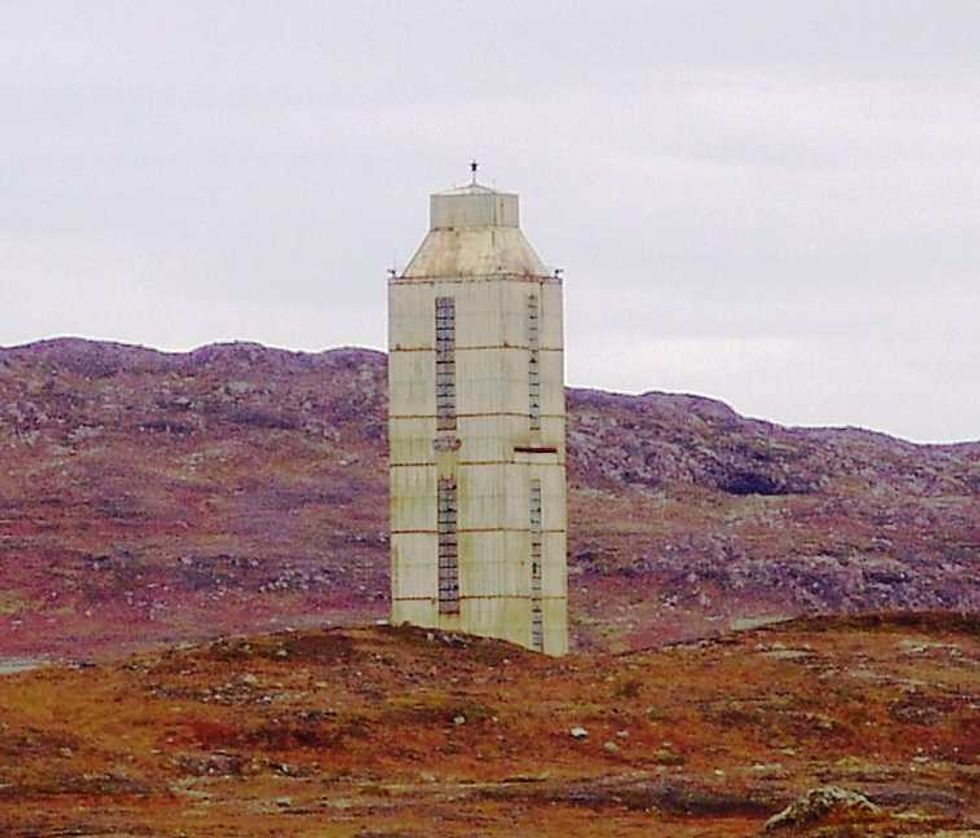 Superstructure of the Kola Superdeep Borehole, 2007
Superstructure of the Kola Superdeep Borehole, 2007 

